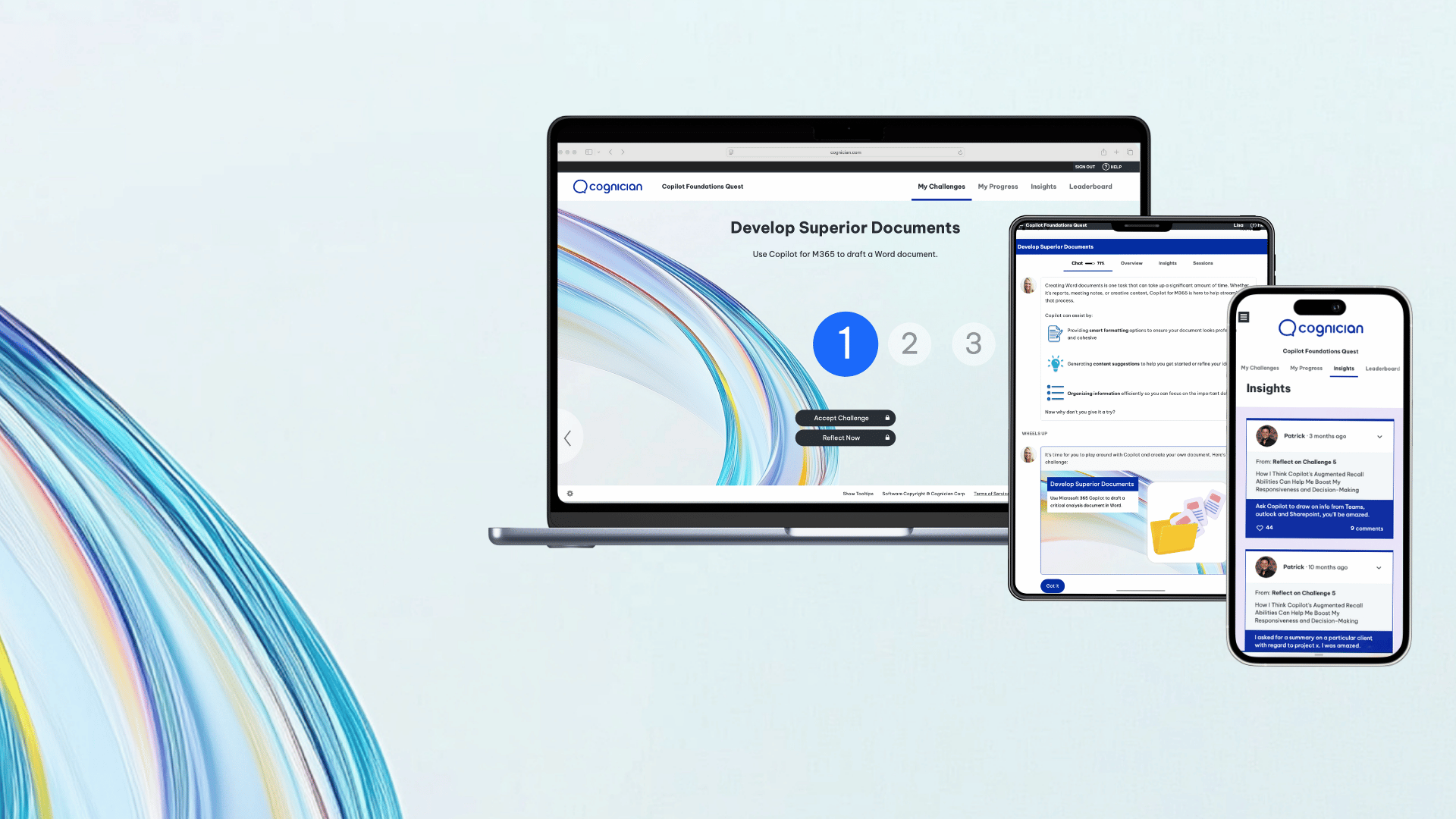Using one powerful idea, we show you how to become aware of your unconscious biases that reinforce negative stereotypes.
You are prejudiced, and you don't realize it.
You're not to blame, though – it's your brain. The fact is, we are constantly under the influence of unconscious biases. In your brain, attention is a limited resource meaning we can't evaluate every detail when forming thoughts and opinions. As such, our brains use unconscious mental shortcuts to process millions of pieces of information every second.
As a result of this unconscious processing, most of the decisions we come to are biased by our background, cultural environment, and personal experiences. These learned attitudes or stereotypes in our subconscious can involuntarily affect the way we think and act. This means that while we can sincerely reject discriminatory ideas, we can still act biasedly.
To illustrate this point, let's consider the story of a college-educated black woman who worked as the head teller of a bank. She was passed over for a promotion to a management training program in favor of a white man with a high school diploma. Her (white) boss gave her two reasons for his decision. The first one was that her colleague reminded him of himself when he was just starting. A further insult came when he said, "He just looked like a banker."
While this is a particularly egregious injustice, the bank manager's actions were a result of his brain making a judgment based on his own experiences without any awareness of his unconscious bias. There are several other biases that are prevalent in the workplace and can negatively impact a company's work culture and employees.
As a leader, how do you reduce the impact of these biases? By being aware of them.
Know Your Bias
The thing about biases is that, as research has shown, almost nobody will admit to being biased against a group or person. They are by definition, unconscious.
Knowing ourselves and our biases is the first step in activating behavior change. Sometimes we have to take a look into ourselves to move forward. Take this simple exercise for example:
Write down the name of your five closest friends or colleagues. Then write down a word describing each of those friends' gender, ethnicity, ability, culture, and sexual orientation.
Based on your notes, were you surprised in any way about how diverse your circle of friends is?
Activating Awareness
The outcome of this exercise might have made you feel uncomfortable (or comforted), but it activated awareness.
This exercise is a powerful way to help you think about your biases because most people have a very homogenous set of friends and colleagues which perpetuates stereotypes. Learn more about your biases in this resource.
As an individual, imagine how many lives you could impact by being made aware of something and then taking action. By understanding your biases, you have the power to stop perpetuating negative stereotypes in your daily interactions. What's more, these ideas will then move through all your connections. It's difficult for one person to change the world alone, but it's a great place to start. If everyone in your organization followed through on this small action, what impact do you think this could have on your workplace culture?
This is what we do at Cognician. Our unique methodology activates behavior change by exposing learners to powerful ideas that help them to take action and change their behavior almost immediately.
If one powerful idea can change your way of thinking, imagine what you can do in a month with regular practice.
Book a consultation if you'd like to discuss working with us to create a custom Diversity and Inclusion program.



.png)

